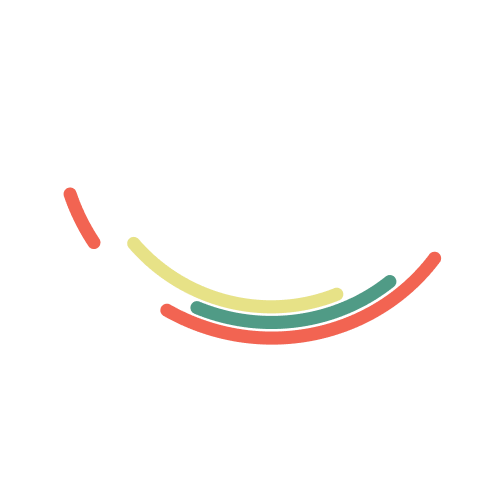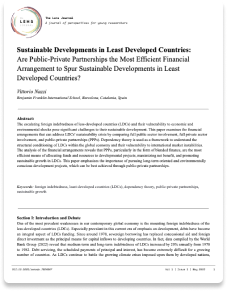Guidelines


Format: Times New Roman 12pt, double space, 1”/2.54 cm margin
Academic honesty is of the utmost importance to our research journal.
We are committed to maintaining the integrity and trust of the academic community by ensuring that all research published in our journal adheres to the highest standards of academic integrity.



Download our sample paper to understand how to format your research paper and organize your findings. Shoot us a message if you have further questions.
Download Sample Paper Contact us